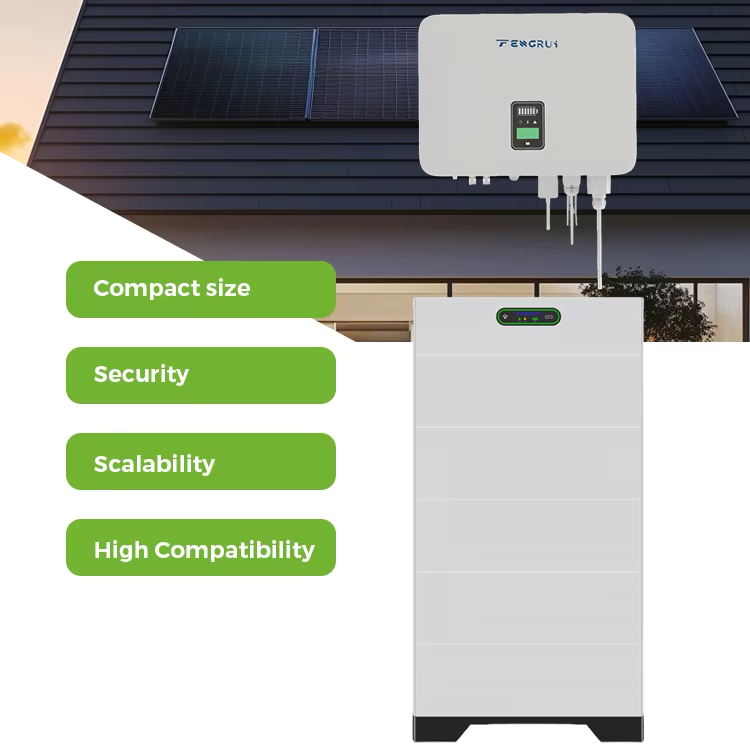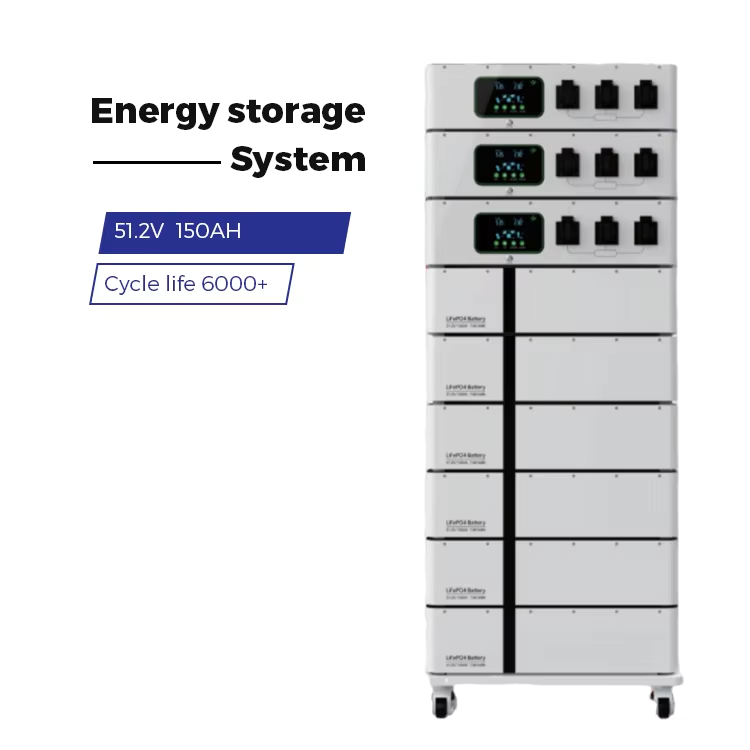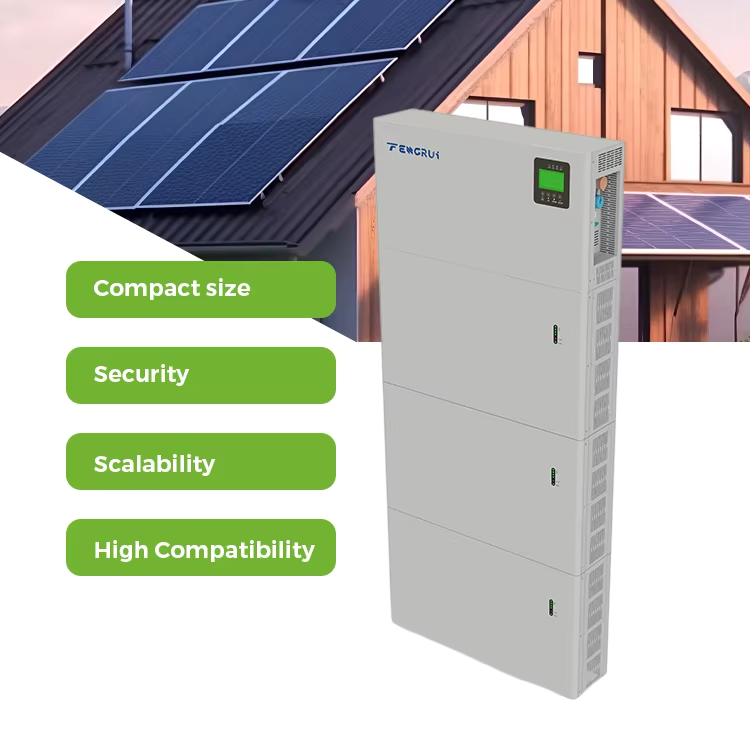solar battery storage
Solar battery storage systems represent a revolutionary advancement in renewable energy technology, serving as a crucial bridge between solar power generation and consistent energy availability. These sophisticated systems capture excess electricity produced by solar panels during peak sunlight hours and store it for later use, effectively addressing the intermittent nature of solar power. The technology comprises high-capacity lithium-ion batteries, smart inverters, and advanced energy management systems that work in concert to optimize power storage and distribution. These systems can be seamlessly integrated with existing solar installations or implemented as part of new solar energy solutions. They provide reliable backup power during grid outages, enable energy independence, and help maximize the return on investment in solar technology. The storage capacity varies from compact residential units to large-scale commercial systems, offering flexibility for different energy needs. Modern solar battery storage systems feature intelligent monitoring capabilities, allowing users to track energy production, storage, and consumption in real-time through mobile applications or web interfaces. This technology has evolved to include features such as weather-adaptive charging patterns, automatic power distribution optimization, and smart grid integration capabilities.


